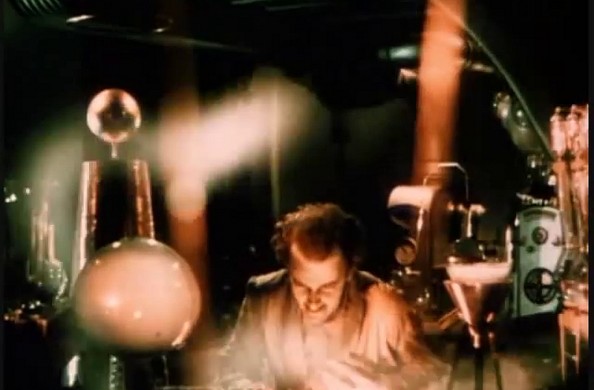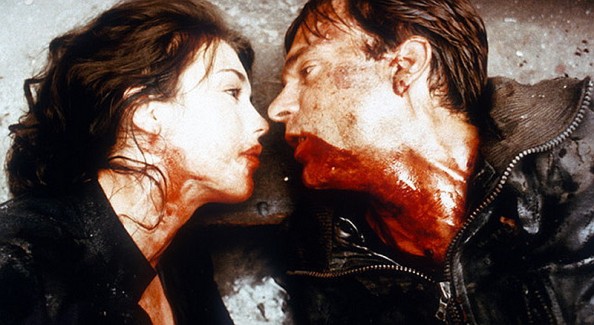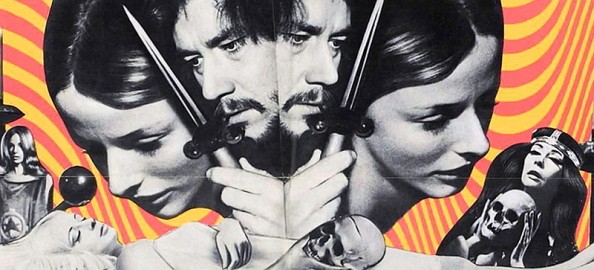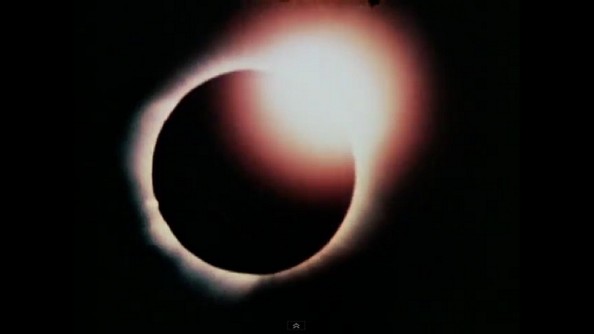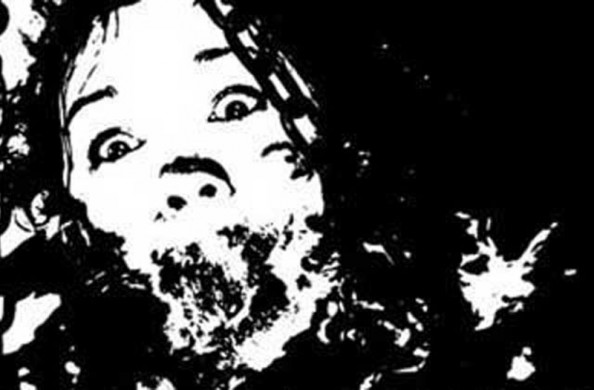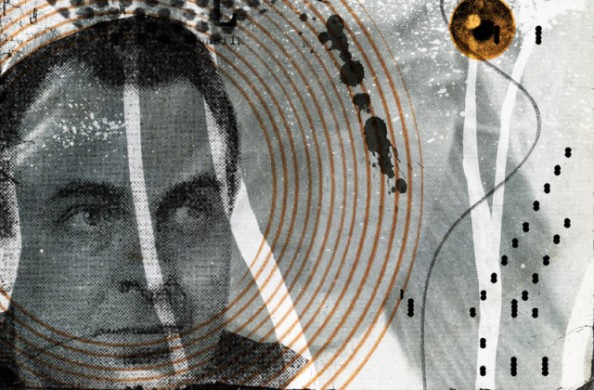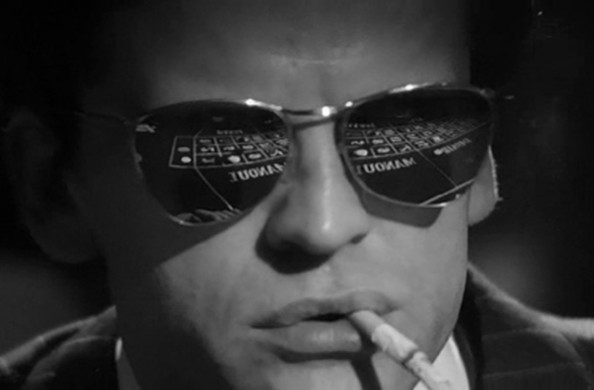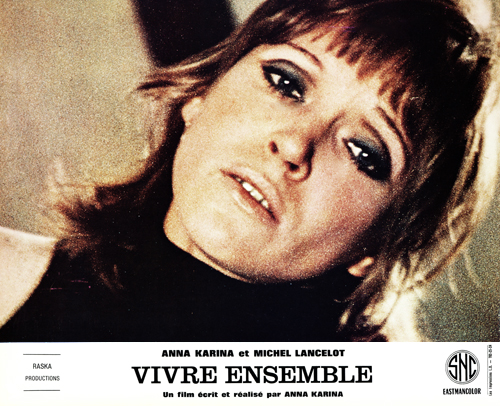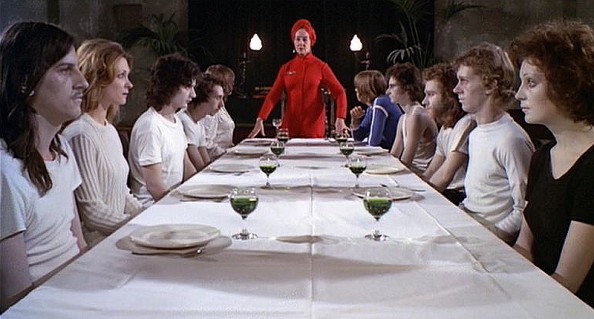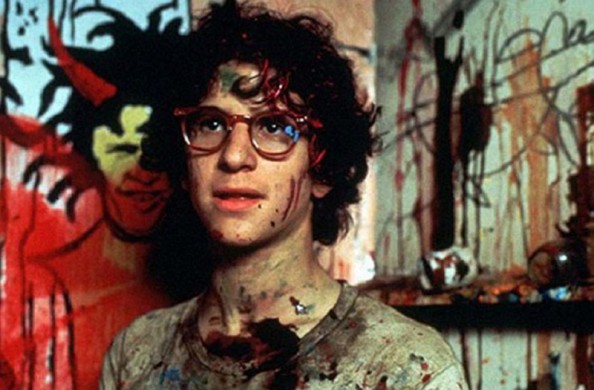
Miskatonic Institute of Horror Studies – London
Instructor: Amanda Reyes, Jennifer Wallis, Kier-La Janisse
Date: 20 April 2017
Time: 7-10pm
Venue: Horse Hospital
Address: Colonnade, Bloomsbury, London WC1N 1JD
Prices: £10 advance / £8 concs / £11 door
Miskatonic website
Often considered the bastard step-child of the theatrical motion picture, TV movies have long been relegated to the dusty corners of our childhood memories. However, despite its scorned status, telefilms could be thoughtful and, at times, subversive. And, in this compact, mass marketed form, the TV movie reached millions of viewers, generated discussion, and aided in the development of our collective consciousness.
Some of the dismissive tone of critics may come from the fact that made for TV films look surprisingly superficial, relying heavily on B movie film techniques to produce and market themselves. Using tawdry titles such Satan’s School for Girls (1973) or salacious taglines like, ‘He’s found the perfect prey… A young defenseless human’ (Savages, 1974), telefilms sought to grab audiences by any means necessary. And, it was this desire to entertain and win Nielsen rating points that allowed the medium to cross over into a wide spectrum of sub-genres, tackling everything from the supernatural to the very real terrors of everyday life. This lecture offers an exploration into several facets of the made for television movie, surveying its cultural touchstones and analyzing the influence the telefilm had on Americans during the run of the network made for television movie produced between 1964 – 1999.
This class will be taught by visiting TV scholar Amanda Reyes, along with Jennifer Wallis and Miskatonic founder Kier-La Janisse, who both contributed to her new book Are You in the House Alone? A TV Movie Compendium 1964-1999 from Headpress, who will have copies available for sale at the event.
About the instructors:
Amanda Reyes
Archivist by day, film lover by night, Amanda Reyes is also a freelance author who has been published online and in print. She recently edited Are You in the House Alone? A TV Movie Compendium: 1964-1999 (Headpress, 2017) which celebrates the made for television film, and expands upon her TV movie-centric blog, Made for TV Mayhem and its companion podcast.
Jennifer Wallis
Jennifer Wallis is Lecturer in Cultural and Intellectual History at Queen Mary University of London where she teaches modules on the history of psychiatry, Victorian values and controversies, and the history of the supernatural. She also writes on film and music and has contributed to several volumes in recent years including Are You in the House Alone? (2016) and Gathering of the Tribe: Music and Heavy Conscious Creation (2013). She is the editor of Fight Your Own War: Power Electronics and Noise Culture (Headpress, 2016).
Kier-La Janisse
Kier-La Janisse is a film writer and programmer, the founder of The Miskatonic Institute of Horror Studies and Owner/Editor-in-Chief of Spectacular Optical. She has been a programmer for the Alamo Drafthouse Cinema in Austin, Texas, co-founded Montreal microcinema Blue Sunshine, founded the CineMuerte Horror Film Festival in Vancouver (1999-2005) and was the subject of the documentary Celluloid Horror (2005). She has written for Filmmaker, Shindig!, Incite: Journal of Experimental Media, Rue Morgue and Fangoria magazines, has contributed to The Scarecrow Movie Guide (Sasquatch Books, 2004) and Destroy All Movies!! The Complete Guide to Punks on Film (Fantagraphics, 2011), and is the author of A Violent Professional: The Films of Luciano Rossi (FAB Press, 2007) and House of Psychotic Women: An Autobiographical Topography of Female Neurosis in Horror and Exploitation Films (FAB Press, 2012). She recently co-edited and published the anthology booksKid Power! (Spectacular Optical, 2014) and Satanic Panic: Pop Cultural Paranoia in the 1980s (Spectacular Optical, 2015). She is currently working on A Song From the Heart Beats the Devil Every Time, about children’s programming from 1965-1985.
About the Miskatonic Institute:
Named for the fictional university in H.P. Lovecraft’s literary mythos, The Miskatonic Institute of Horror Studies is a non-profit, community-based organization that started in Canada, founded by Kier-La Janisse in March of 2010. The school currently has branches in Montreal and London, with Miskatonic London operating under the co-direction of Kier-La Janisse and Electric Sheep Founder/Editor Virginie Sélavy.
All classes take place at the historic Horse Hospital, the heart of the city’s underground culture. Season ticket is £35 and will be available shortly. Individual class tickets are £10 advance / £11 on the door / £8 concessions and will be available 30 days in advance of each class.
For full details of the next courses please check the Miskatonic website. For all enquiries, please email Miskatonic.london[at]gmail.com.

